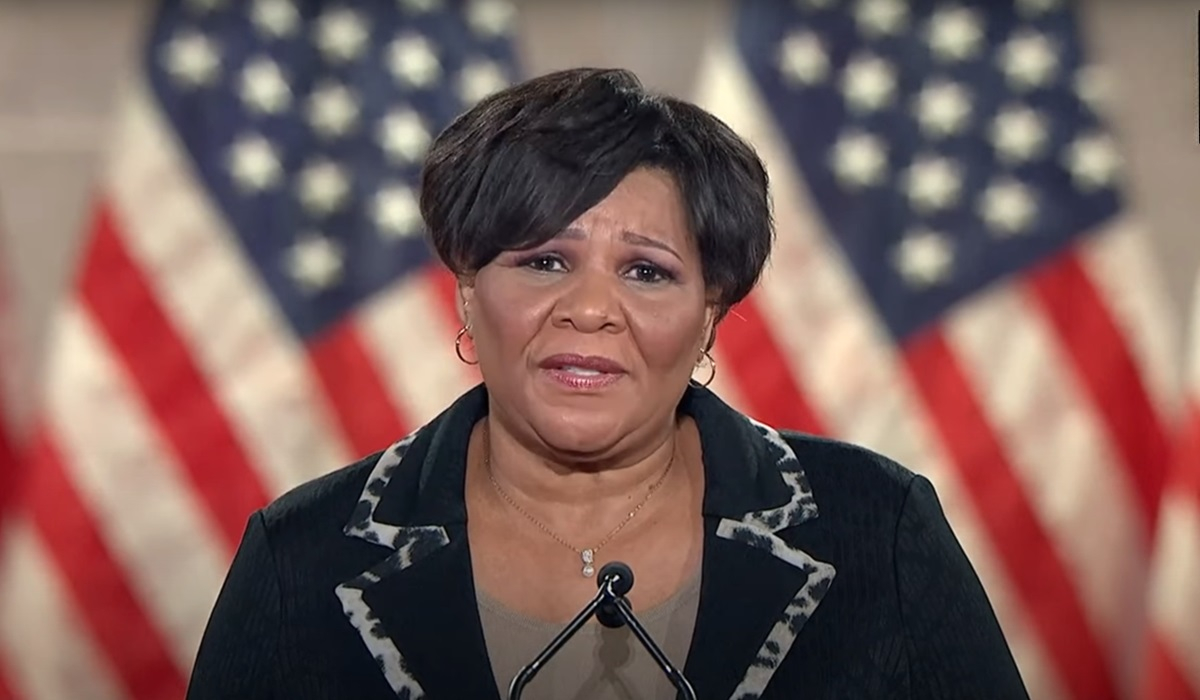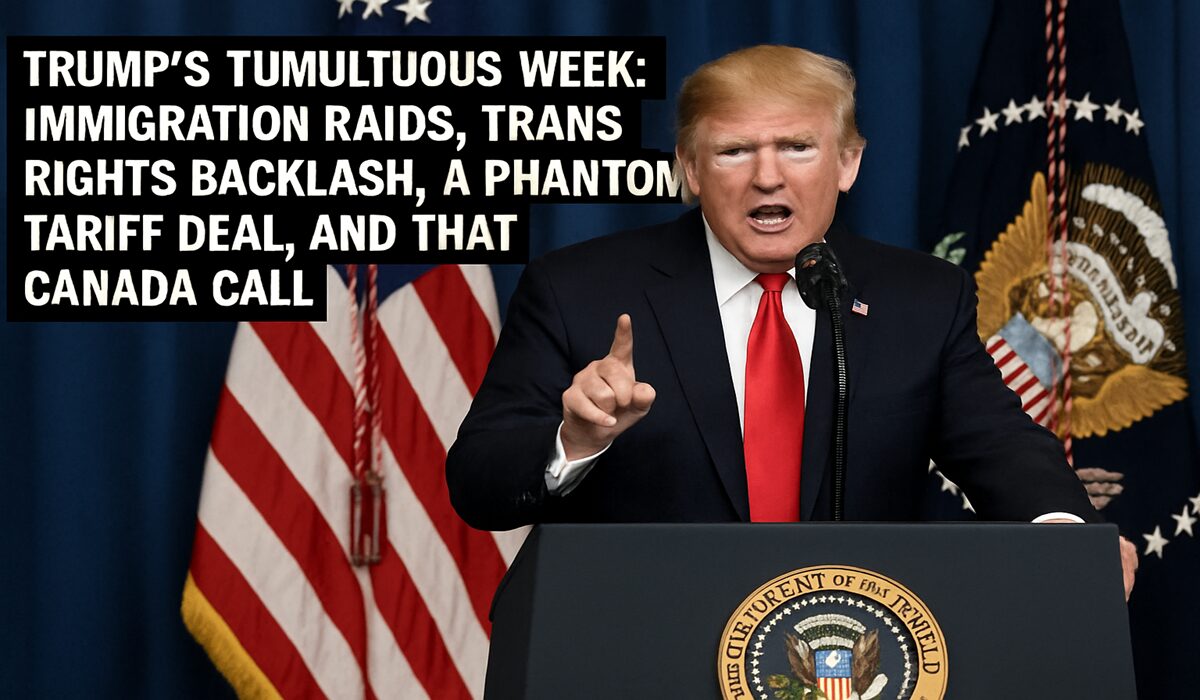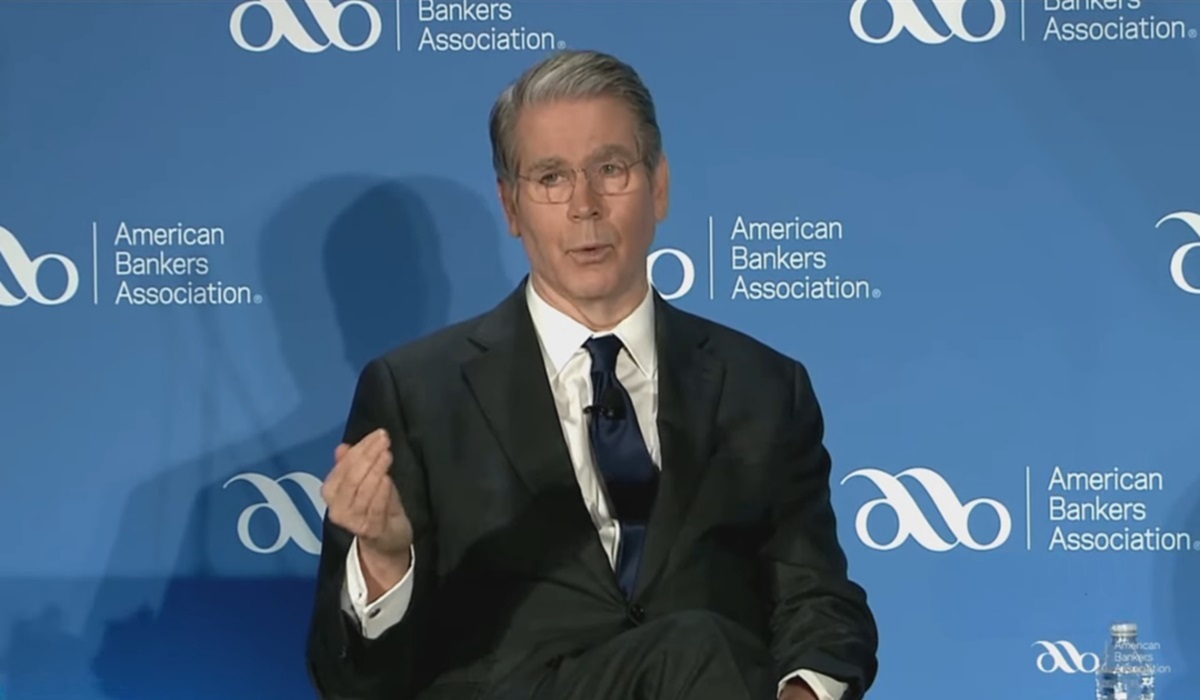Alice Marie Johnson, a criminal justice reform advocate, was recently appointed by President Donald Trump as the administration’s first “pardon czar.” Johnson’s journey from incarceration to the White House is both remarkable and inspiring.
Born in 1955, Johnson became involved in a Memphis cocaine trafficking operation in the early 1990s. In 1996, she was convicted on charges related to drug trafficking and money laundering, leading to a life sentence without the possibility of parole. Notably, this was her first offense, and it was nonviolent in nature.
After serving 21 years in prison, Johnson’s case garnered national attention, especially after reality TV star Kim Kardashian West advocated on her behalf. In June 2018, President Trump commuted her sentence, leading to her immediate release. Subsequently, in August 2020, she was granted a full pardon. Since her release, Johnson has been a vocal advocate for criminal justice reform, sharing her story to highlight systemic issues within the justice system.
The title “pardon czar” refers to an official responsible for overseeing and advising the president on matters of executive clemency, including pardons and commutations. Historically, the Office of the Pardon Attorney within the Department of Justice has fulfilled this role. However, Johnson’s appointment marks the first time an individual with personal experience of incarceration has been chosen to lead such efforts. In her new position, Johnson is expected to bring a unique perspective, advocating for fair and just clemency processes.
The use of presidential pardon power has varied between administrations. During his first term, Trump issued 144 pardons and 94 commutations. Many of these were high-profile, including political allies and individuals convicted of nonviolent offenses. Notably, upon re-entering office, Trump granted pardons to individuals involved in the January 6 Capitol riot, labeling them victims of “national injustice.”
In contrast, Biden granted at least 80 pardons and 4,169 commutations during his term. His clemency efforts focused on nonviolent drug offenders and included preemptive pardons for family members and political allies, aiming to protect them from potential investigations by the succeeding administration.
These contrasting approaches highlight the evolving use of executive clemency, reflecting each president’s priorities and perspectives on justice and accountability.









